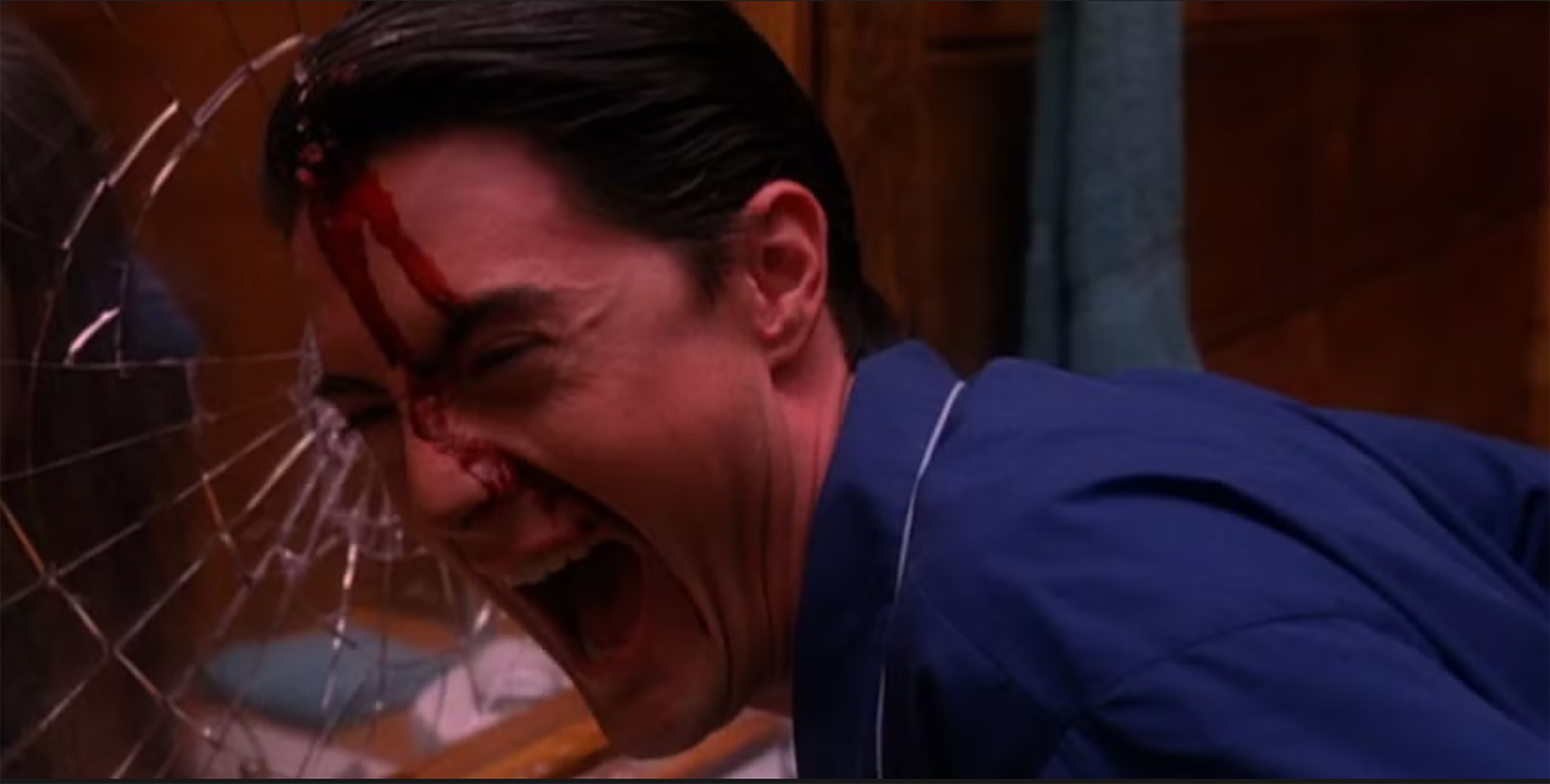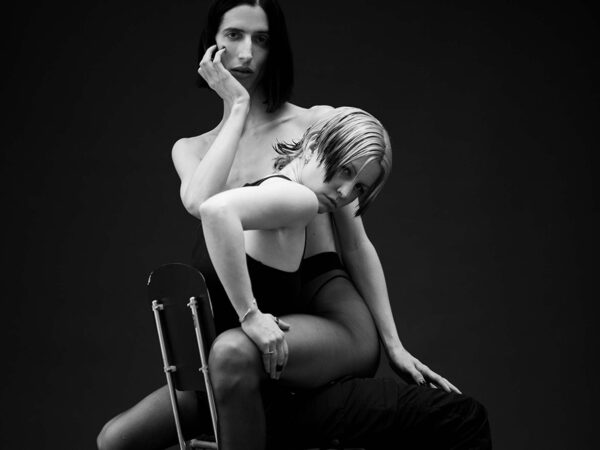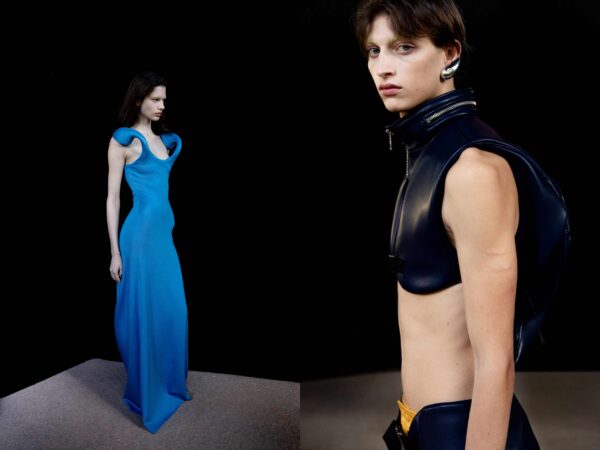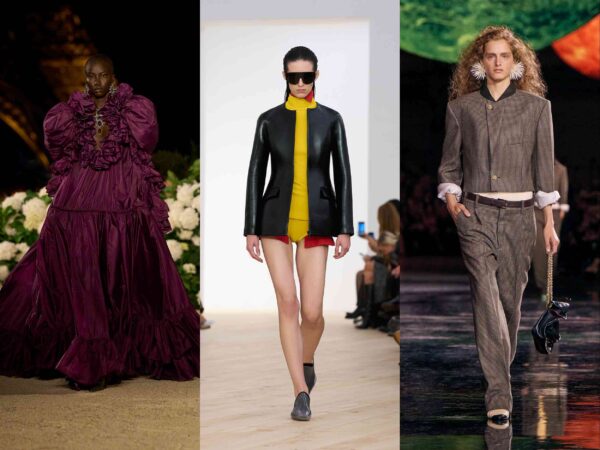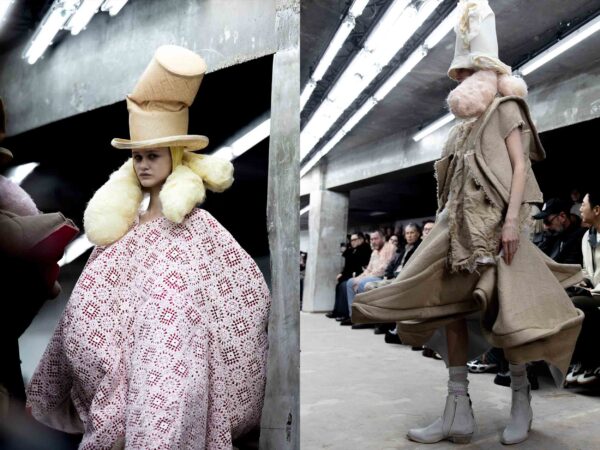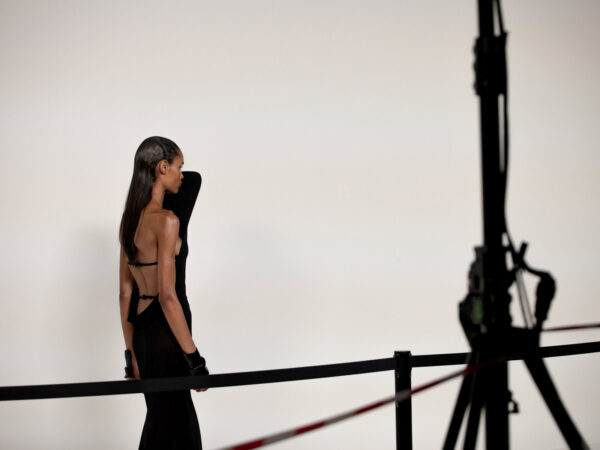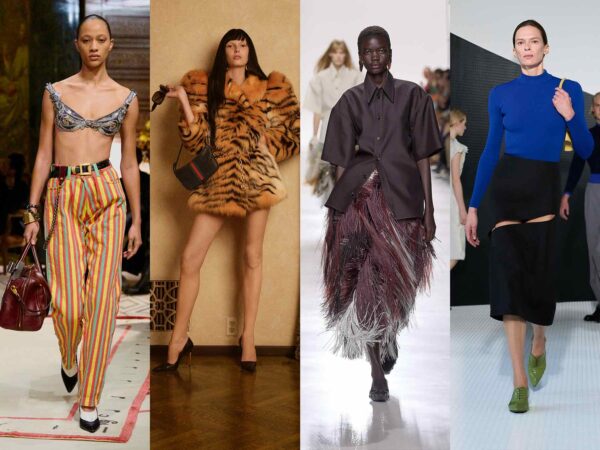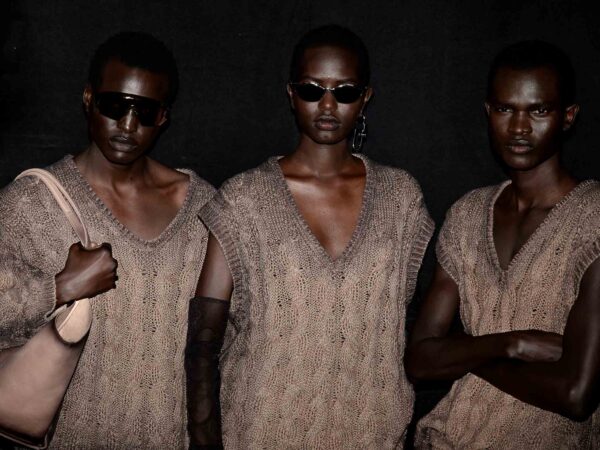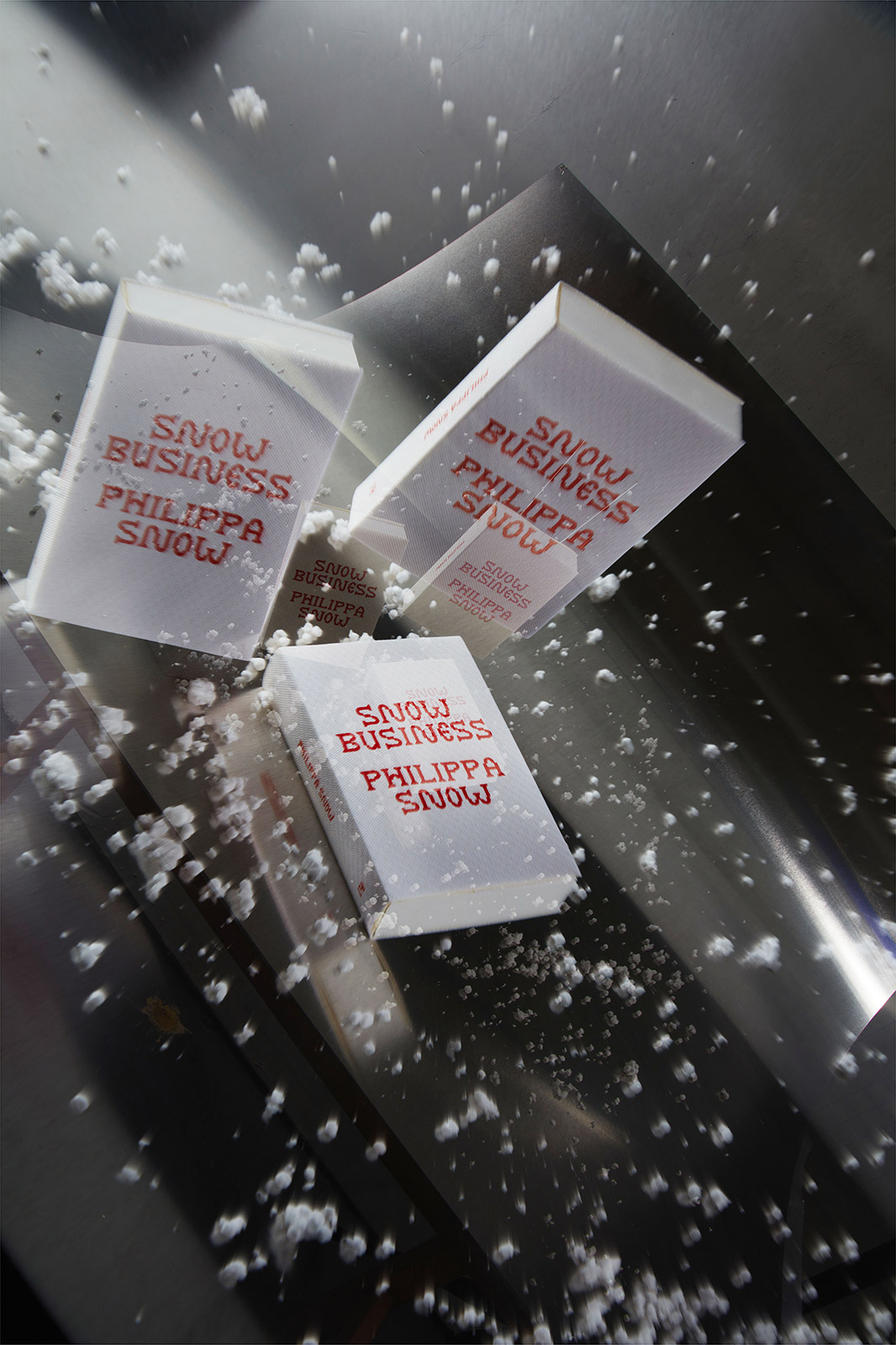
In Snow Business, the author implicates herself in the entertainment industry she so loves and dissects
Few would dare to put Vanderpump Rules and David Lynch in conversation, but for Philippa Snow, it’s only natural. The art critic compares these disparate cultural touchstones in her essay “American Psychos” to grasp the organic force that is Jax Taylor, a reality star-cum-tornado that has managed to stay on TV for so long it’s as if he’s crossed into a game of Survivor rather than a show about bartenders in Los Angeles. Snow likens a post-bar-fight, blood-covered Taylor to Twin Peaks FBI agent Dale Cooper once he’s possessed by the evil spirit BOB: “There is an immediate sense that something sinister has taken over, but no implication that this influence originates from any place more supernatural than Jax’s brain.”
It’s unholy pairings like these that populate Philippa Snow’s aptly named Snow Business, a collection of reviews, essays, and flash fiction published between 2019 and 2025. The pocket tomb from avant-garde outfit ISOLARII traces the author’s flair for tackling popcorn fare with academic rigor, asking questions a reader cannot stop pondering once posed. Can we understand God through Pier Paolo Pasolini’s achingly sensual framing of Terrence Stamp in Teorema, or through Paul Verhoeven’s queer nuns gone rogue in Benedetta? Could Kim Kardashian’s novel Dollhouse be an act of autofiction on par with the work of Olivia Laing? “Can Jax Taylor read?”
Known for blending culture both high and pop, Snow has made a career of these unexpected inquiries. Her first collection, Which As You Know Means Violence, considers the link between pain and performance. Her second, Trophy Lives, offers a look at the celebrity as art object. A forthcoming collection, It’s Terrible The Things I Have to Do to Be Me will chronicle femininity and fame through the lives of famous, overexposed women, from Aaliyah and Britney to Lindsay Lohan and Elizabeth Taylor. Snow doesn’t make these pairings as an act of rebellion against a more uptight definition of culture: her comparisons, though thought-provoking, appear to be an extension of her innate sensibility as a critic. I can imagine Pamela Anderson’s Star and Heather Lewis’s Notice nestled together on her bookshelf.
These pairings extend to the structure of Snow Business itself: observations on Vanderpump Rules bookend an essay on the elusive nature of Francis Bacon and his relationship with Peter Lacy, and meditations on the “vewy sexy baby” movies Barbie and Poor Things follow a careful look at the sparse, searing prose of the late Heather Lewis. The effect is intoxicating: Snow expands the range of her world and ours, asserting the same person could enjoy musings on blockbuster films as much as niche literature. That’s the joy of Philippa Snow’s world: learning something new feels as delightful as being in on one of her jokes.
Few writers wield voice as confidently as Snow. She can easily find the humor in comparing the much-maligned James Franco to Jay Gatsby, most notably through his portrayal of Alien in Spring Breakers, which she describes as “hollow Party City costume of a rapper standing up all by itself.” I spit out my Diet Coke at her likening the megamansions from Selling Sunset to “basic chalk-drawn sets in Lars von Trier’s cruel, metaphoric film Dogville.” It’s at the line level, with a panoply of proper nouns and peculiar yet perfect images, where Snow cements her vision, reveling in the highs and lows all the same.
Yet the critic makes it clear she’s not the only one who enjoys media in this way. In “Oh, I Remember Her!”, Snow writes that famed Swedish filmmaker Ingmar Bergman revealed that not only was Sex and the City his favorite show but also sexpot Samantha Jones was his favorite character. It’s the secret she’s been trying to let us in on: Some of the most lauded practitioners of high culture enjoy all culture. The book’s epigraph from Werner Herzog says as much: “I’m fascinated by trash TV. The poet must not avert his eyes.”
Snow abides by Herzog’s maxim and stares longingly at the subjects she so admires and analyzes. A section of Snow Business is entirely devoted to the author’s flash fiction, in which she steps into the minds of women, real or fictional, from Brittany Murphy to She in Antichrist. Writing as Carol White in Safe, she likens Carol to “an appliance that a man might buy himself as a reward for being rich.” It’s a risk to switch to prose, but the result is a deep show of empathy for her subjects, and for the reader, transportational visits to the fictional worlds of these women for a few hundred words.
In this transmutation from critic to author masquerading as subject, Snow implicates herself in the need to perform—and reinvent. The pint-sized print from ISOLARII revives a Renaissance tradition of “island books,” finding another home for many of her digital essays: Some of the outlets where Snow originally placed these works have since shuttered, their homepages sitting un-updated since 2023 like Christmas window displays in July. Whether you buy what she’s selling—that a long-running Bravolebrity is a Lynchian avatar or spiritual resurrection is a Paul Schrader film away—is, as she says, “entirely your business.” Still, she’s self-constructing in the ways the best in entertainment do. “I am telling you exactly what I think I am, and how I want you to see me.”


